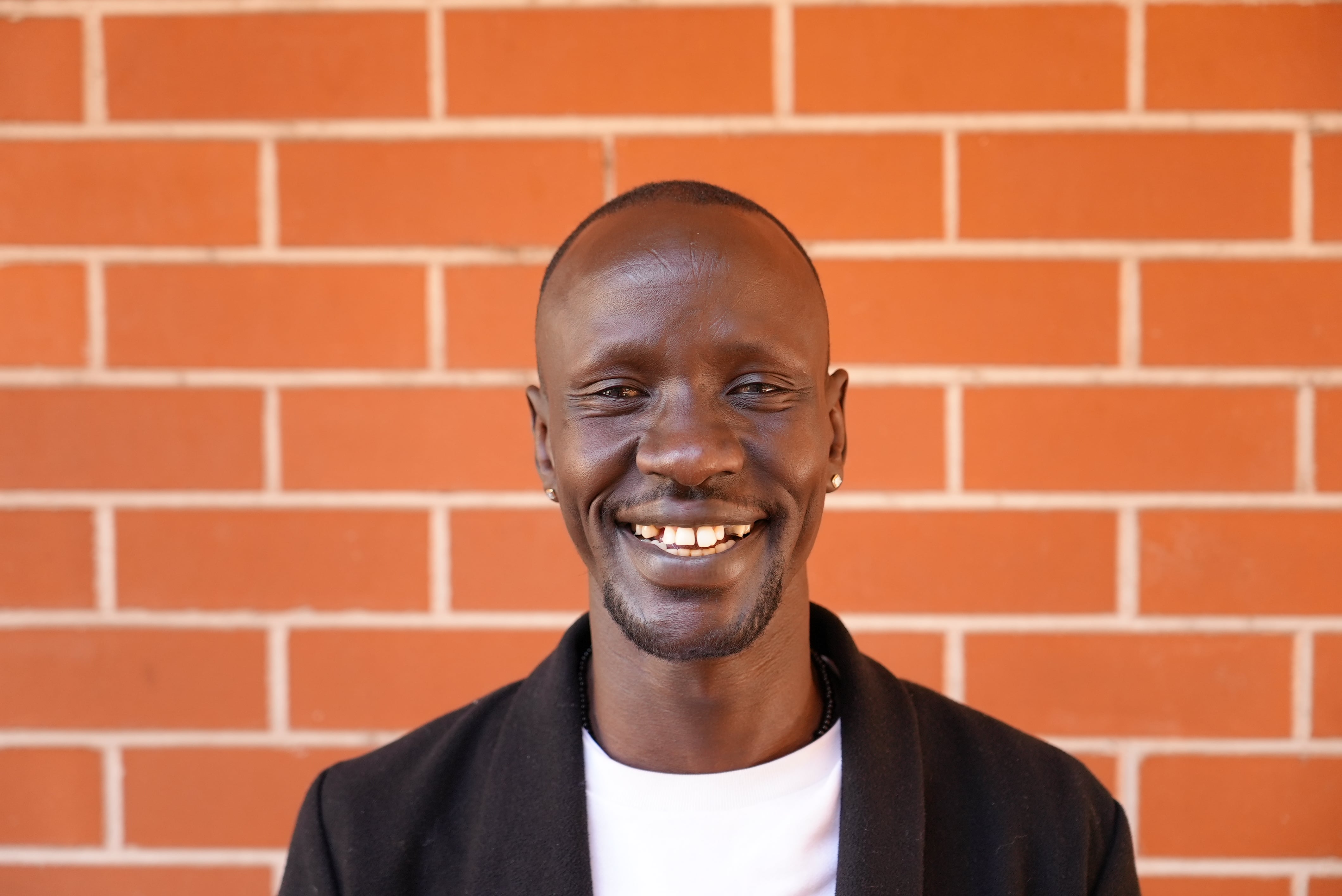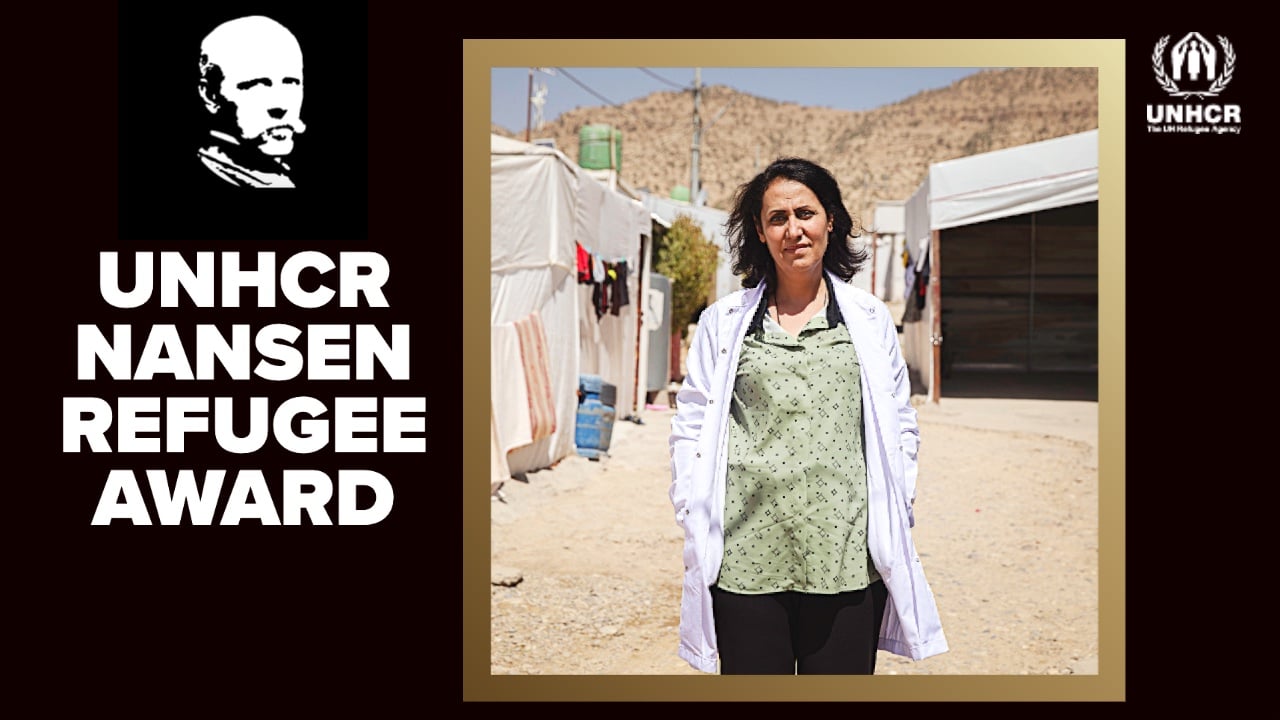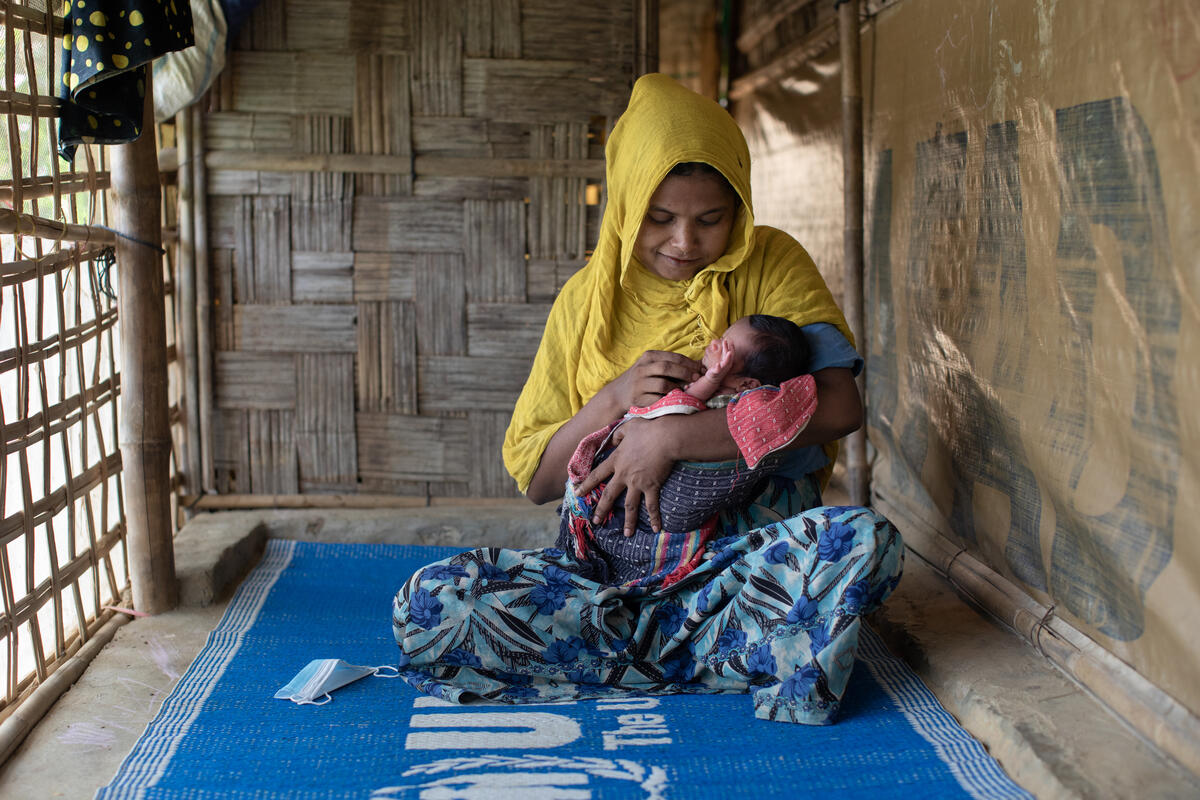The Kenyan powerhouse improving women's lives in Australia

The Kenyan powerhouse improving women's lives in Australia
When Rosemary Kariuki arrived in Sydney in 1999 after fleeing violence in Kenya, a year went by without a single neighbour saying hello to her. Alone and longing for the sense of community she had back home, she decided to take action.
On Christmas Day, 2001, she wrote her contact details and an invitation to have tea or just say hello on Christmas cards and slipped them under the doors of more than a dozen flats in her building.
After that, her neighbours greeted her cheerily, and Rosemary had found her life’s work.
“When I came here, nobody gave me information. I know women love to socialize, dress up, gather while eating and dancing, so I decided to use it to bring them together to spread information and raise awareness about domestic violence,” said Rosemary, who has a smile that lights up even a Zoom screen.
Today, Rosemary, 60, works as a multicultural liaison officer for the New South Wales Police in Campbelltown on the outskirts of Sydney, helping migrant and refugee women. Many of the women, like Rosemary herself, have experienced gender-based violence and face language, financial and cultural barriers that leave them feeling isolated.
In her free time, Rosemary runs several projects to help new arrivals overcome that isolation, including a cultural exchange programme that introduces refugees and migrants to local families, and an annual social event that brings African refugee and migrant women together.
In January, Rosemary won an Australian of the Year award from the Australian government. She was recognized as the country’s 2021 “Local Hero” for her commitment to changing lives, “especially those of women and children.” In her acceptance speech at a ceremony in Canberra, Rosemary urged everyone “to open their doors to their neighbours.”
Rosemary’s work has never been more urgent. The impact of the COVID-19 pandemic is worsening entrenched gender inequalities and discrimination faced by refugee women and girls, UNHCR, the UN Refugee Agency warns today.
Lockdowns have also trapped some women with their abusers, leaving them unable to seek help. In November, UNHCR reported steep increases in violence against refugee and displaced women in several countries.
Many of the refugee women Rosemary works with are rebuilding their lives after experiencing trauma, including violence either at the hands of family members or as a result of conflicts or wars back home. Some are still living with their abusers. Since the onset of the pandemic, reaching them has been more difficult.
“It has been very challenging, but it hasn't stopped us,” said Rosemary. “There's a lot of mental health issues happening, and a lot of domestic violence coming out, a lot of helplessness. Most of the women have lost their jobs or they're not doing anything at home and are falling into depression.”

Pascasie Mudera, a 42-year-old refugee from the Democratic Republic of the Congo, lived in a Ugandan refugee camp for three years before resettling in Australia in 2007. She still hesitates frequently when speaking about her past.
“Being a young girl and alone in a refugee camp, you face a lot of challenges, starting with the abuse,” she said.
Pascasie met Rosemary on the street when the older woman approached her to ask why she was not wearing a jumper in the cold weather. Rosemary quickly befriended Pascasie and learned she had disabilities from a childhood polio infection that made it difficult for her to find work.
Rosemary introduced her to a disability advocacy organization that provided her with support, including better health care and the two-bedroom home she now lives in with her three children. Pascasie also landed a new job as a caseworker with a local non-profit organization that supports African migrants and refugees.
With Rosemary’s help, Pascasie overcame her fear of going out and met people who did not look at her as simply a refugee.
"I start remembering that ... I can build my life again and have a future."
“I start remembering that ‘oh, I have to start life again’. I can build my life again and have a future,” she said.
Rosemary’s cultural exchange programme, the subject of a 2020 documentary called Rosemary’s Way, has helped newcomers such as Pascasie foster long-lasting relationships between refugees and locals.
Maria Baden, 69, lives on a farm in Gerringong on the New South Wales coast south of Sydney where she breeds cattle for wagyu beef. She met Rosemary in 2007 at a women’s event and was immediately impressed by her skill in running the sessions and the way “she made everyone laugh”. The two became friends and Maria began helping Rosemary with the cultural exchange programme.
The first time Maria hosted an event at her farm to match refugees with locals, more than 36 refugee women shared their native dishes and stories with local families. Maria, who is organized and detail-oriented, marveled at how Rosemary simply improvised and “called on the spirit” to guide each guest toward the most appropriate local family. It seemed to work. One South Sudanese woman and her daughter quickly struck up a conversation with a local widow and her daughter. The two widows quickly realized they had something in common.
“The local woman had lost her husband to a lightning accident while the Sudanese woman had lost her husband to war on the same date,” Maria said.
Rosemary also thinks it’s important for migrant and refugee women to mix with each other. In 2006, she helped start the African Women Group. She invites women to dance, socialize and have meals together with the aim of sharing information on issues from abuse to parenting. The first African Dinner Dance featured a domestic violence survivor as the main speaker. The following Monday, 20 women who had attended the event went to the police station to report their own domestic violence incidents.
“I like the fact that we are able to bring all these women together in a safe space,” said Edith “Ida” Nganga, a Kenyan migrant who helps with the group and attended a recent surprise event to celebrate Rosemary’s Australian of the Year award.
"When she won, I felt it was me who won."
“When she won, I felt like it was me who won. She is the first African to win that big award,” said Ida.
Rosemary’s dream is to be able pay off her mortgage and devote herself full-time to her projects supporting women.
Her own role model is American talk show host Oprah Winfrey, who has spoken openly about the abuse she experienced as a child and given other survivors a platform to share their own experiences.
“I love Oprah,” Rosemary said. “She inspires me a lot – how she overcame rape, lost her baby, but still kept going and didn’t quit. She inspires me to keep going.”
Mireille Kayeye is a participant in the UNHCR Journalist Mentorship Programme for Refugees, a project created to support refugees who want to tell the important stories of today.









